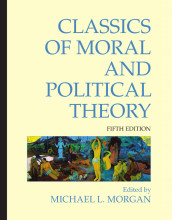The internal politics of the European Parliament
10 important questions on The internal politics of the European Parliament
The EP has been characterized as an institution composed of strong committees and weak parties. The committees have been viewed as what?
However, as the EP's powers have expanded, the political groups have emerged as ever more important actors, for it is they who what?
Why do the groups play a central role within the EP?
- Higher grades + faster learning
- Never study anything twice
- 100% sure, 100% understanding
What are the most important positions within the EP?
- The Vice-Presidents who support the President and help to run the EP; and
- The committee chairs, who organize and run committee meetings.
A key position within the EP is the role of committee chair, who is responsible for what?
The committees are the repositories of policy expertise, and are, amongst other things, respronsible for appointing teams of negotiators who can engage in intra- and inter-institutional negotiations.
Why is the role of committee chair important?
The membership of each committee roughly mirrors what?
The rapporteurs and 'shadow' rapporteurs are central members of the team responsible for negotiating with the Council under the OLP. They also play an important role in shaping the position adopted by their political groups as a result of their policy expertise. What are rapporteurs and shadow rapporteurs?
Do MEPs vote according to national preferences?
Is there much evidence of MEPs 'going native'?
The question on the page originate from the summary of the following study material:
- A unique study and practice tool
- Never study anything twice again
- Get the grades you hope for
- 100% sure, 100% understanding































